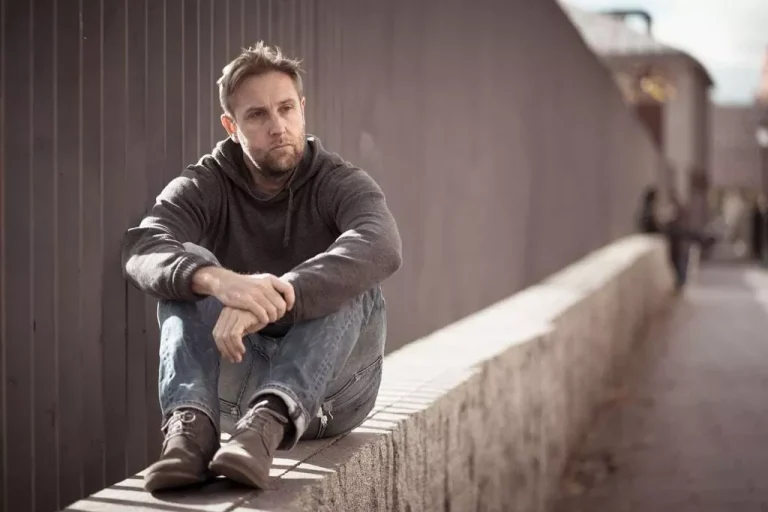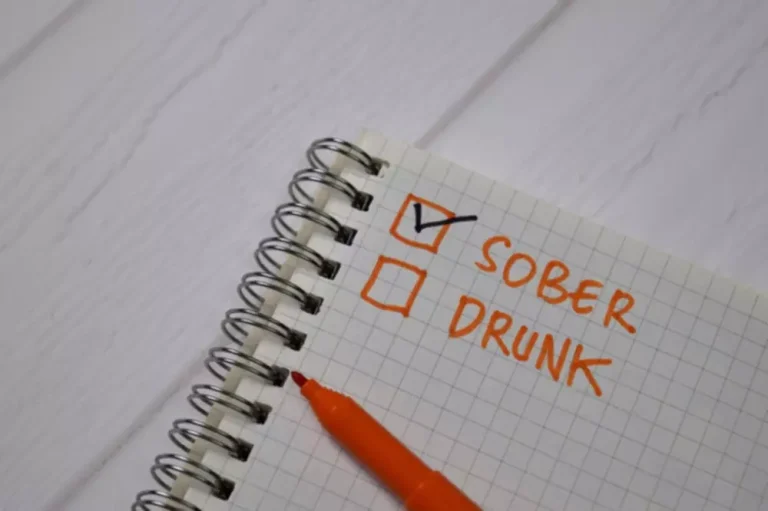Relaxing and taking time to do things that make you happy is another important part of self-care. Acknowledge that recovery is a difficult process and you’re doing the best you can. Calls to numbers on a specific treatment center listing will be routed to that treatment center.
- Self-care means being mindful of negative or unhelpful thoughts that could incite relapse.
- It provides a structured approach to deal with difficult situations and helps individuals develop healthier alternatives to cope with stressors.
- The first step in crafting an effective relapse prevention plan is to assess personal triggers and warning signs.
- This will decrease your need to use substances again to feel comfortable.
- In challenging moments, a personalized relapse prevention plan can help you get back on track.
- Taking an honest inventory of yourself should help you gain greater insight into yourself and your behaviors.
What to Include in a Relapse Prevention Plan Template
You can also contact sober living homes on your own to inquire about availability. You may be asked to participate in an interview to ensure you are a good fit for the home. This will also provide you with an opportunity to take a tour of the home and ask any questions you may have. Developing an aftercare plan allows you to anticipate future challenges to your sobriety and come up with solutions in advance. Develop a plan to continue with the process of change and manage future stresses and triggers.

Health Equity

When an addicted person acts on their craving, a surge of neurotransmitters causes them to feel pleasure. Addiction is a disease that causes imbalances in the brain’s neurotransmitter (chemical messenger) systems. Affected neurotransmitter systems include the serotonin, opioid, and dopamine systems.
Marlatt Relapse Prevention Model
Alumni programs provide tools and support to help you cope with your addiction as you transition back home after treatment. A missing piece of the puzzle for many clients is understanding the difference between selfishness and self-care. Clinical experience has shown that addicted individuals typically take less than they need, and, relapse prevention plan as a result, they become exhausted or resentful and turn to their addiction to relax or escape. Part of challenging addictive thinking is to encourage clients to see that they cannot be good to others if they are first not good to themselves. But clients and families often begin recovery by hoping that they don’t have to change.
Research demonstrates that willpower alone may not always be enough to keep us on the right track. Creating a list of warning signs can give a person more insight into their relapse. Sharing the list with the treatment team can provide them with needed information to prevent relapse in the patient. Having a plan helps you recognize your own personal behaviors that may point to relapse in the future. It also outlines ways to combat those behaviors and get back on track. There are many resources available for families who want to create a relapse prevention plan, including support groups, therapy, and online resources such as articles and videos.
Identifying Your Personal Triggers
Rather than relying solely on professional treatment providers, families are empowered to take an active role in supporting their loved one’s recovery. In a study conducted at a large, publicly funded addiction treatment facility affiliated with Yale University in New Haven, Connecticut, data from 878 patients over a 1-year period was analyzed. The study assessed the proportion of patients who were abstinent at discharge. The patients were categorized based on their primary drug of abuse, such as alcohol, opiates, cocaine, and marijuana, excluding nicotine. Being aware of the stages of relapse and having a plan to deal with them can help prevent you from using again.
Relapse Triggers
Recurrent episodes of the disease lead to progressive exacerbation, and patients develop a sense of confusion and powerlessness about preventing disease relapse. Some patients even completely ignore the risk of disease relapse after stabilization, equating the control of symptoms with the cure of the disease and thinking that they will not relapse. People who have completed inpatient or residential addiction treatment often find that they continue to face triggers and stressors that challenge their recovery. Transitioning to an outpatient program or meeting with a therapist can help you continue to address these issues. When creating your aftercare plan, your therapist will help you consider your particular situation, including whether you will need to find housing, employment, or continued treatment. Your plan will also depend on how far along you are in your recovery and how often or long you may need care.
Finding Support
With dedication and persistence, it is possible to achieve lasting sobriety. While you can write your own relapse prevention plan, creating one with a professional in treatment is best. The reality is that addiction is an incurable disease that often requires professional intervention, especially when determining what to do after a relapse. Relapse prevention strategies can include support groups and identifying the consequences of relapse. These tools for living after addiction should also focus on healthy habits like exercise, nutrition, and stress management to support a sober lifestyle.

Introduction and Personal Commitment
Events, specific people (such as friends who are also using), and certain places can put you at a higher risk of relapsing. Whether you or a loved one are experiencing challenges controlling their addictive behaviors, the road toward rebuilding self-control can be overwhelming. With our limited coping skills, failure to employ an alternative plan, and unwillingness to talk to anyone, we increase the risk of going back to our old behavior. For some individuals, being around particular places, circumstances, or people may increase the likelihood of them returning to use. Understanding which environmental factors are likely to cause a person to reuse can help them avoid these situations and prevent returning to use. The Retreat is a Minnesota supportive, educational center that offers tailored and supportive drug recovery programs.



